Shining light onto Eating Disorder Awareness Week
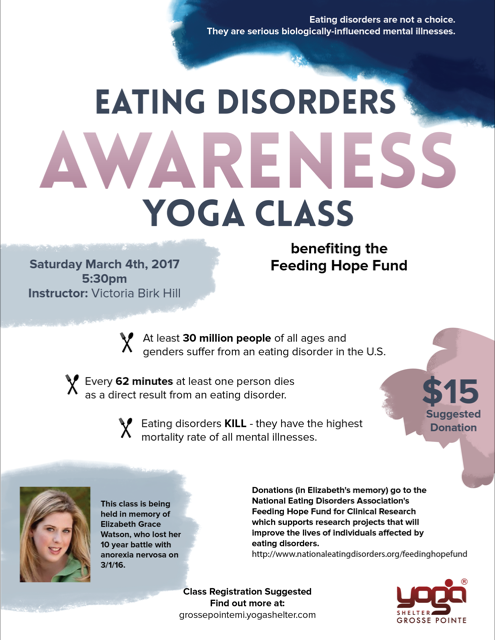
Kind. Witty. Intelligent. Musical. Generous. She made friends everywhere she went, and was memorable to the many people she influenced. Martha Watson used these details as ways to describe her daughter.
“Every parent thinks that their kids are fantastic so that’s not any different in our case,” Watson said. “But I have heard repeatedly from her peers, particularly people she was in various treatment programs with, that appreciate her so much and how much she helped them.”
One of these instances was a girl who reached out to Watson the other week to visit her daughter’s grave to mark the anniversary of her passing. The girl was in a treatment center with Watson’s daughter, and had experienced her kindness while making difficult times easier for the girl. She left flowers and a blue gatorade. They used to drink gatorade and blue was her daughter’s favorite flavor, Watson said.
“So even in her own struggles, which were intense, and those treatment programs were no fun and she had some PTSD (Post-Traumatic Stress Disorder), she developed from her experiences in those programs,” Watson said. “To hear that she made positive impacts on those girls experiences means the world to me because that to me tells me she was truly special.”
Her daughter’s name was Elizabeth.
Elizabeth Watson.
She was diagnosed with anorexia nervosa at the age of 11, according to Martha.
“It presented itself as sort of a sudden weight loss over a couple of months that pediatrician noticed because the people that are 11 shouldn’t be losing weight, they should be gaining weight because they should be in a healthy growth pattern,” Watson said.
Watson said the weight loss was the biggest red flag, and they promptly hired multiple experts and specialists. She went through cycles, gaining weight because she was forced to, then resisting treatment, then she would get back on track only to fall to a lower low.
“Remember that treatment and recovery are not linear– it’s going to be a couple steps forwards, maybe a little step backwards and keep going forward again,” Watson said.
Elizabeth Watson passed away on March 1, 2016 at age 21 after her battle with anorexia for 10 years.
“Elizabeth passed away and that is terribly tragic, she did have an eating disorder that was really treatment-resistant and really really nasty and ugly and did not want to be intervened with,” Watson said. “We did everything we could and she certainly tried her best when she was forced to try but I do know a lot of good stories where people have gotten to recovery and gotten to a good place.”
According to National Association of Anorexia Nervosa and Associated Disorders (ANAD), at least 30 million people of all ages and genders suffer from eating disorders in the U.S. alone. At least one person dies every 62 minutes as a direct result of an eating disorder.
“Eating disorders as a whole have the highest mortality rate of any mental illness, and I don’t mean to diminish all mental illnesses. I think it is a huge problem in our country and they are all grossly misunderstood and not discussed,” Martha Watson said.
According to Watson, many complications can result from anorexia including isochronic malnutrition that causes the whole body functioning to slow down, which can lead to heart failure, osteoporosis, hair loss or kidney malfunction.
Bulimia– where an individual binges and then responds with a behavior to eliminate those calories– can cause rupture of the esophagus or gastric system, or electrolyte imbalances leading to heart problems. Binge eating disorder can bring on diabetes, heart issues or high blood pressure, Watson said.
“I think a lot of people don’t understand that they are real biologically based or biologically influenced diseases,” Watson said. “They can have a psychological and social component as well, but I don’t think people recognize how serious these diseases are and that they are not choices that people afflicted with them make.”
Clarice Fisher ’19, has a family member who also suffered from an eating disorder.
“It made her really isolated from everything, she always wanted to be alone, and she didn’t want anyone to know, but when I found out, she was ashamed but she continued to do it anyways. And it was just a shock to me,” Fisher said.
Fisher described an eating disorder as destructive physically, mentally and emotionally to not only them but also the family. She also compared them to a habit.
“It is a choice to a certain point, but they need a lot of encouragement to get out of their habit, they have to break the habit, so like not eating, or bulimia is when you throw up, you have to get out of that habit because your body gets used to it after a certain point, so it’s a choice but it’s not,” Fisher said. “Once you get into the habit, breaking a habit is so hard.”
National Eating Disorder Awareness week is February 27- March 4. To help raise awareness and also in memory of Elizabeth, Yoga Shelter is hosting a class. The yoga class will be held at 5:30 p.m. on March 4, lead by instructor Victoria Birk Hill.
“We wanted to put in some time to help shine some light on the fact that eating disorders are an illness and they can kill people, and the more we can help break the stigma and start talking about it, then hopefully the more people will help,” Hill said. “So that’s really why we’re doing this class.”
According to Hill it is going to be a gentle yoga class, that will be worthwhile to anyone regardless of yoga experience. They ask that people pre-register to get a sense of the size of the class, and donations are whatever one wishes to give.
“There will be kind of a spiritual, mindful piece to it, and then there will also be some physical poses that are going to help us all feel like we’re in a position to help,” Hill said. “We’re also going to conclude the class with just passing out some candles and everyone having a quiet moment and just kind of committing to help shine some awareness on this situation.”
All the funds raised will be donated in Elizabeth’s memory to the National Eating Disorders Association’s Feeding Hope Fund for Clinical Research. Watson hopes this class will benefit somebody else who is struggling and start a conversation.
“Obviously this is a cause and passion close to my heart, everyone has their own things that they like to support. I just hope people will come to the class we are having and just don’t be afraid to talk about it,” Watson said.
Watson also hopes people will open their hearts and minds to thinking differently about mental illnesses, and to be more understanding of those who struggle with them. During this week of awareness, she urges people to spark some conversation.
“It’s just important to be consistently compassionate and kind.” Watson said. “Compassionate and kind and nonjudgmental because this isn’t something that they chose.”




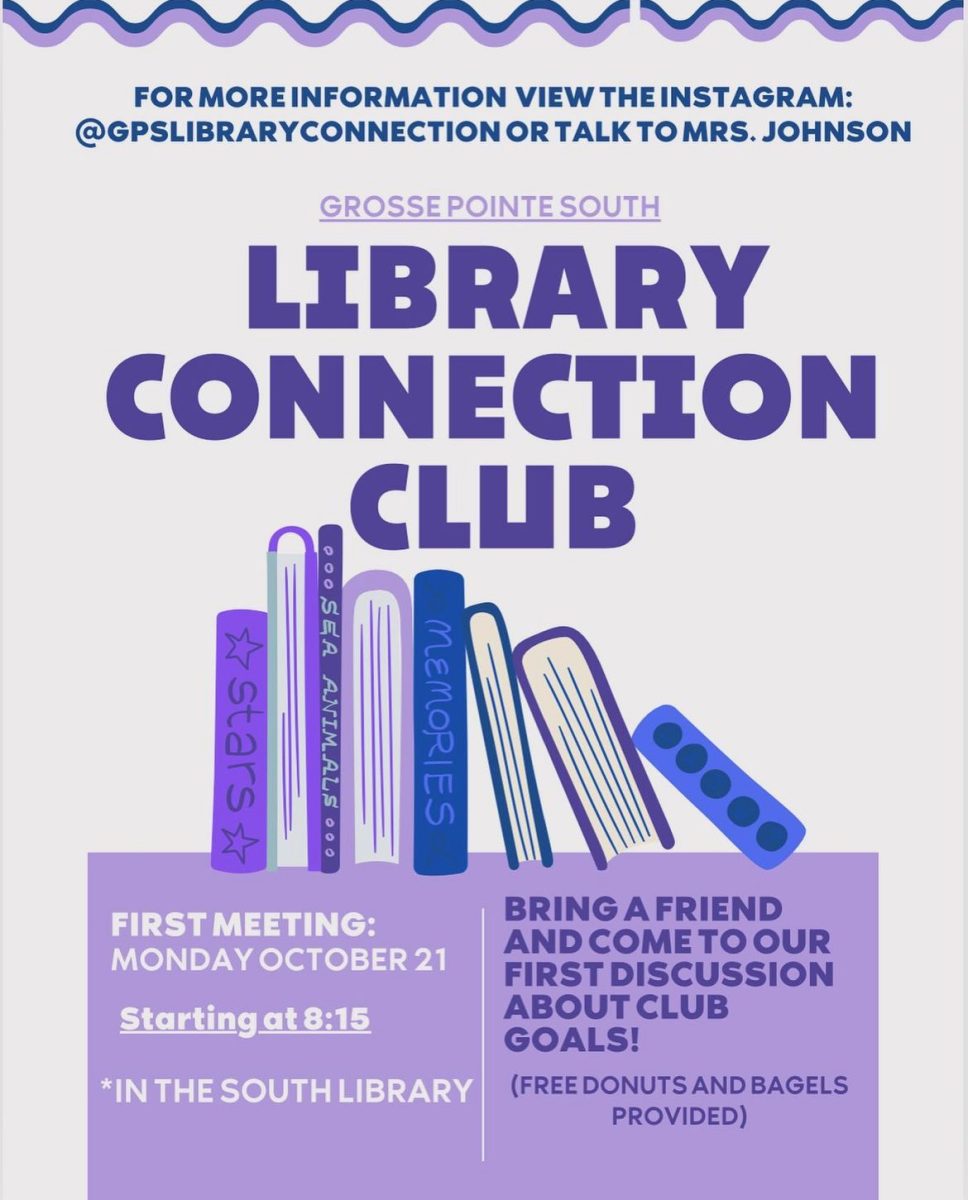





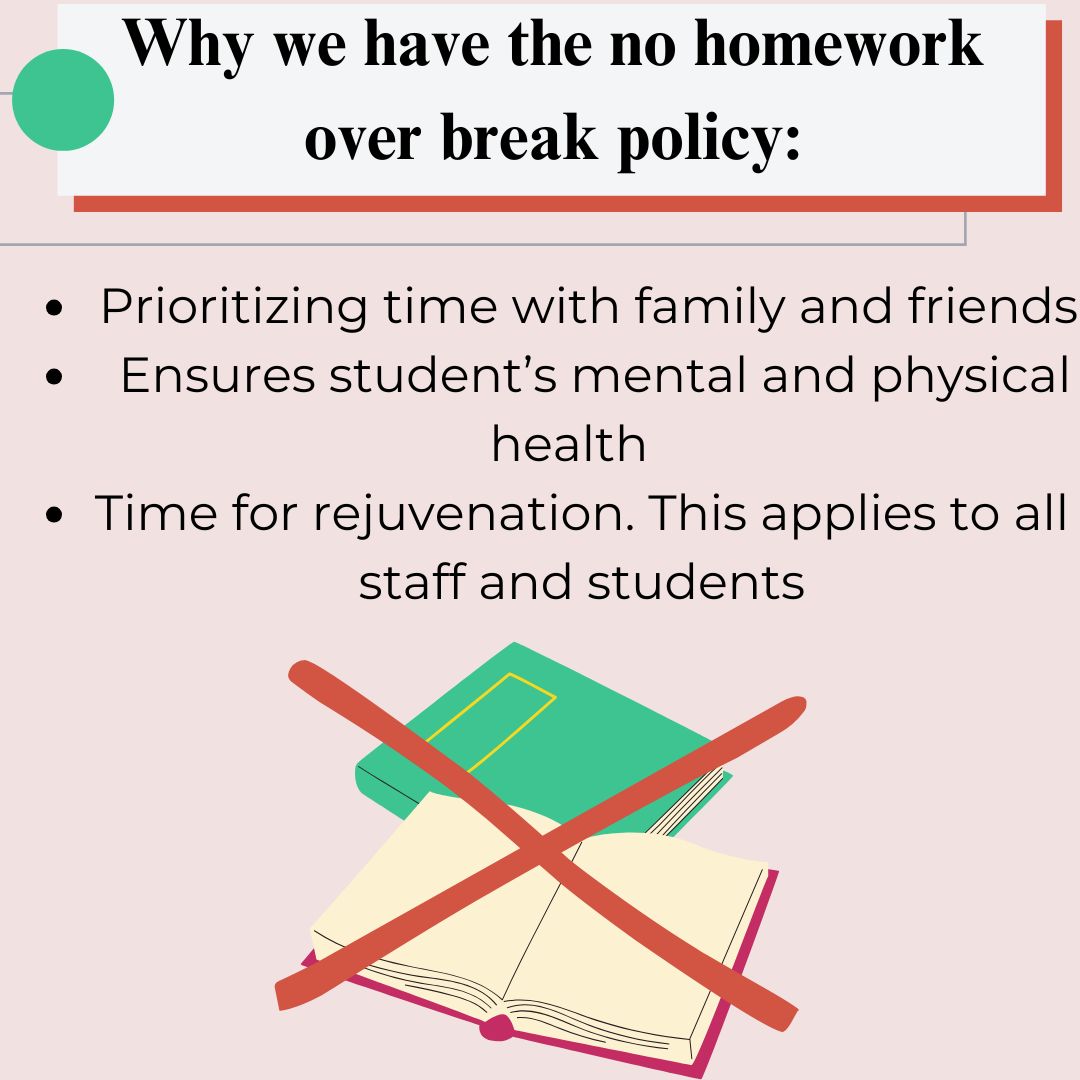







































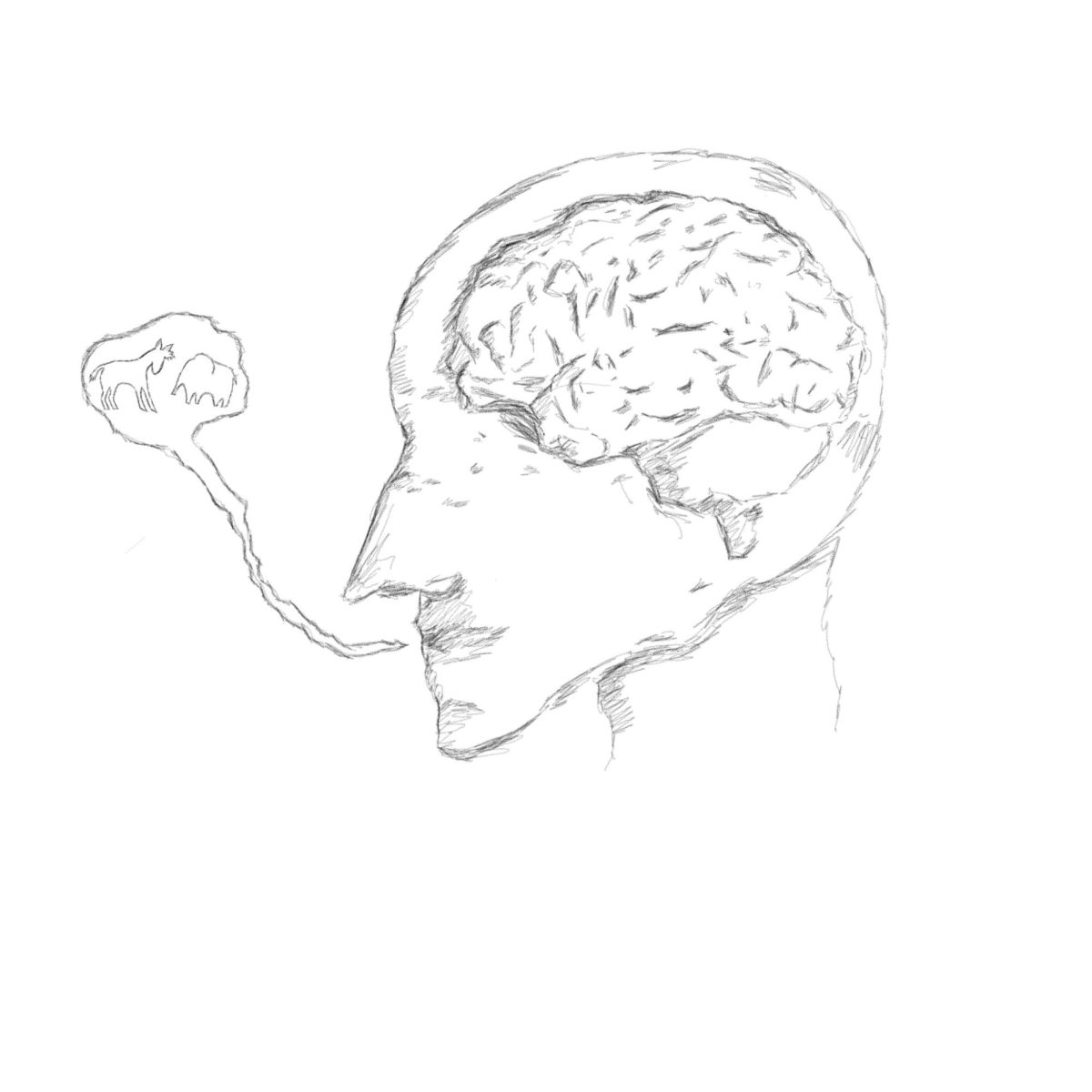










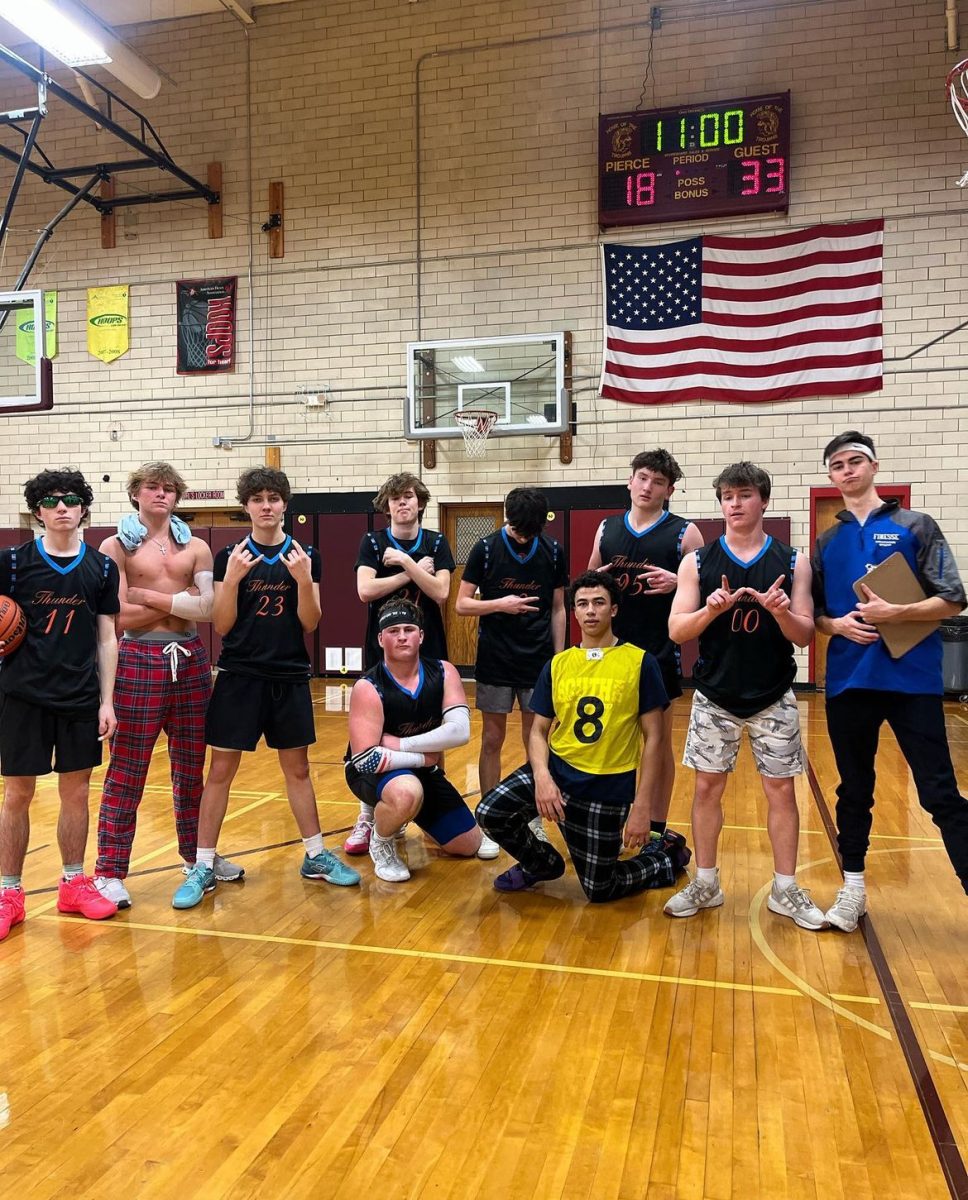













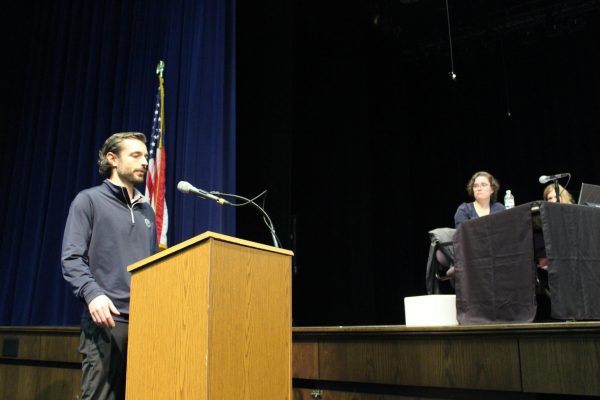
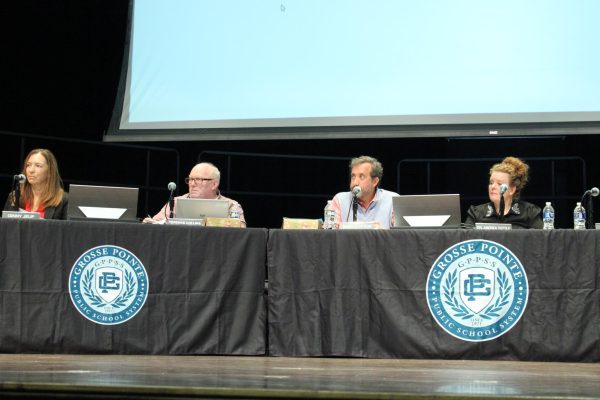
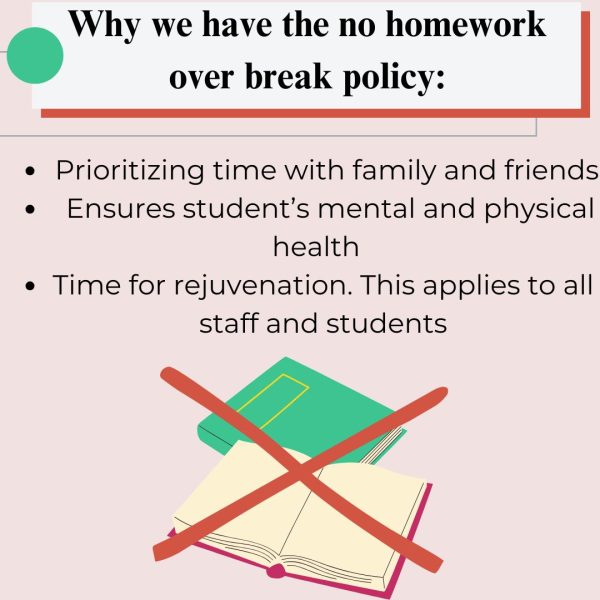


Howard B Hill • Mar 3, 2017 at 7:19 pm
I hope as many people as possible make the time to hear Martha and Elizabeth’s story. Anyone who is a parent could face or knows someone who is facing this issue.